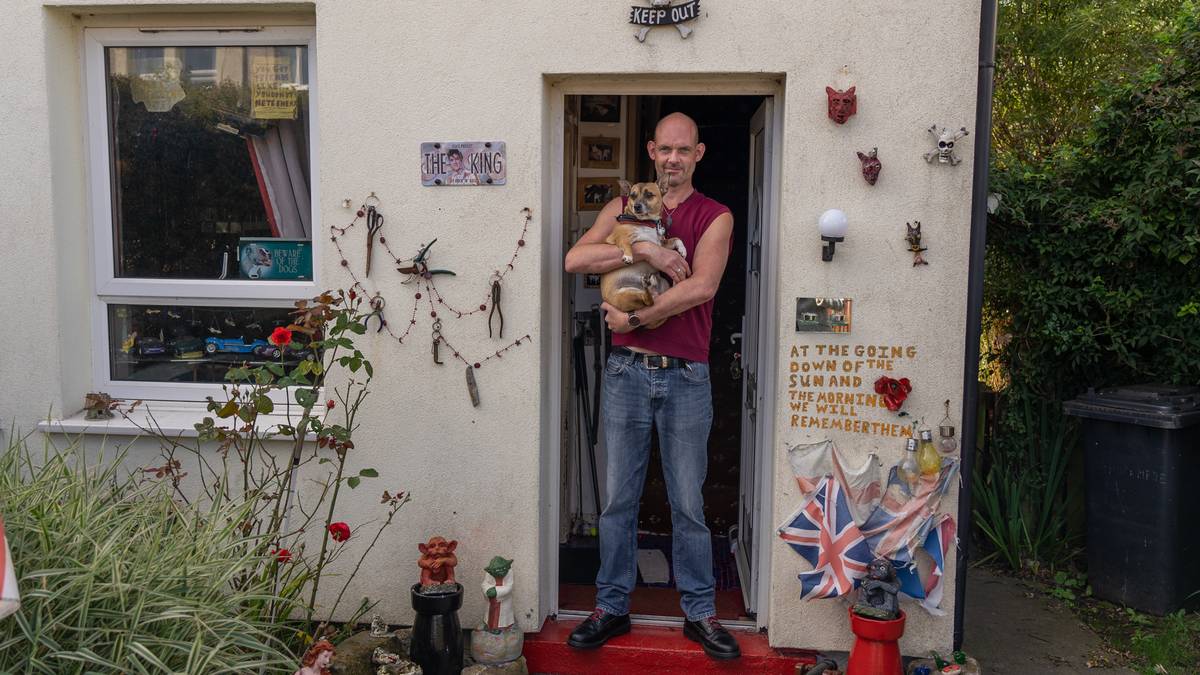Last Wednesday, President Iván Duque and the Minister of Health, Fernando Ruiz, signed a memorandum of understanding with the pharmaceutical company Inovio to carry out phase 3 tests of a vaccine against covid-19 and the subsequent production of vaccines in the country.
This agreement, which is a new attempt by the country to get involved in the production of vaccines against covid (Colombia has already participated in trials with other pharmaceutical companies), could allow it to regain its capacity to produce vaccines, which it lost twenty years ago, and, in addition, to do it with a novel technology, without needles and with easy access, compared to other vaccines that are already on the market.
Kate E. Broderick, Ph.D. Inovio’s Senior Vice President of Research and Development and in charge of the team that works on the creation of the DNA vaccine, explained to Colprensa the objectives pursued by the company in its alliance with Colombia.
Colombia, according to Broderick, is a strategic place to reach other Latin American countries that have not had the facilities to effectively vaccinate their population.
“We are very honored to be able to participate in clinical trials in Colombia and it is a great privilege for us to be able to be here and to be able to bring our vaccine to the country where I believe there is a real need for people to have access to vaccines and doing these trials. clinical trials now allow us to develop a vaccine that has the ability and capacity to be more affordable for everyone in the world, not just people in more developed countries ”, said the doctor.
And he added: “there are many other vaccines available for covid-19 and the world is very grateful for all that there is and progress has been made so far; in the poorest countries only 2% of the population in those territories have received the vaccine ”.
–
More access
Colombia is no stranger to this lack of access to the vaccine. Although the country exceeded 20 million complete vaccination schedules precisely this week, more than 50% of the population has yet to be reached, especially in rural areas. The fact that this vaccine does not require refrigeration is a favorable factor.
“They do not need to be frozen and that is very important because that way we can transport it to more geographically diverse places and where more people can access,” explains Broderick. Reducing costs and improving distribution methods are essential aspects in the next phases of vaccination.
In phase three trials, the vaccine will be given to people over 18 years of age, with the exception of pregnant women. At the end of this phase, it will also be possible to analyze the application to minors and pregnant women. The first trials of the vaccine were carried out in South Korea and China.
One of the key characteristics of the vaccine, in which the company works with the support of the Wistar Institute and the universities of Pennsylvania, Texas, Fudan and Laval, is that it is a drug developed from DNA, a technology in which the pharmaceutical has specialized.
–
Led by a woman
Laboratory scientists explain that these types of DNA drugs “can be delivered directly to the cells of the body through a patented smart device to safely produce a robust immune response.” That is, it is applied without needles. The device adheres to the skin and sends genetic information in two doses of 2.0 milligrams each, that is, a small proportion of the liquid enters the skin and is distributed throughout the body.
Like RNA vaccines, such as those from Pfizer / BioNTech and Moderna, the drug transmits genetic information to the body that teaches it to recognize the virus and fight it.
According to the expert, “it was a very strategic decision for us to choose Colombia both because of its geographic location and the access to clinical research centers here in the country. It is clear that in Latin America there is a lot of disparity between people who have the vaccine and people who do not and what we want to do is that everyone can have access to vaccines if they wish ”.
Regarding the fact that the development of this vaccine is led by a woman, as also happened with other vaccines such as the Oxford / Astrazeneca one, she states: “It has been wonderful to have the possibility of showing other women and girls or young people that they are not You need and don’t have to be a man to be a talented scientist, and I hope maybe this will inspire other women and girls to pursue a career in science, ”says Broderick.
In general, women have played a very important role in the fight against covid.
– – .


